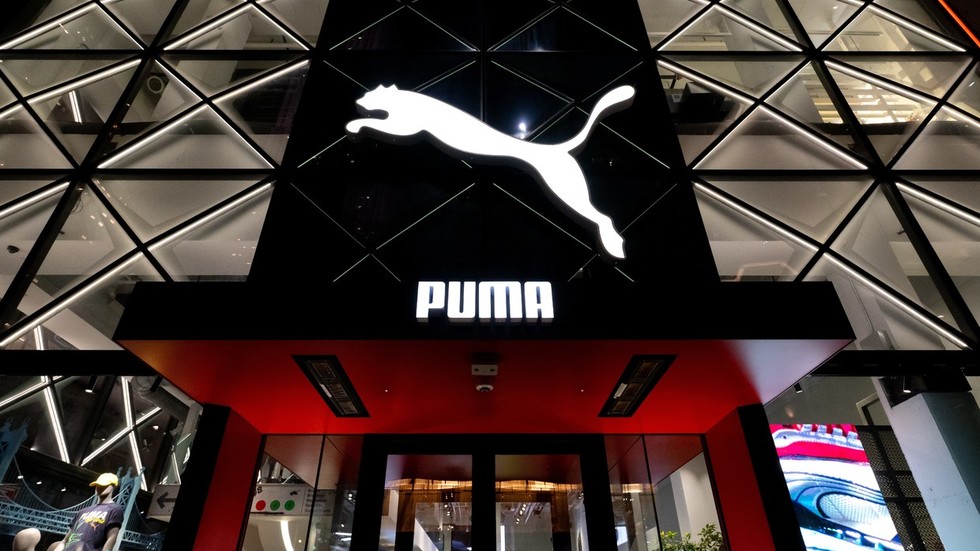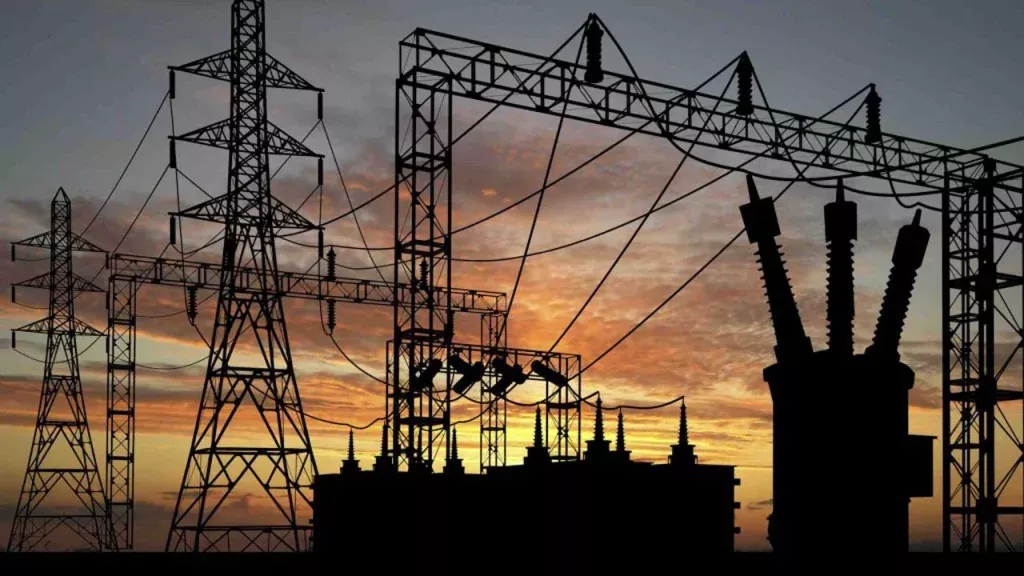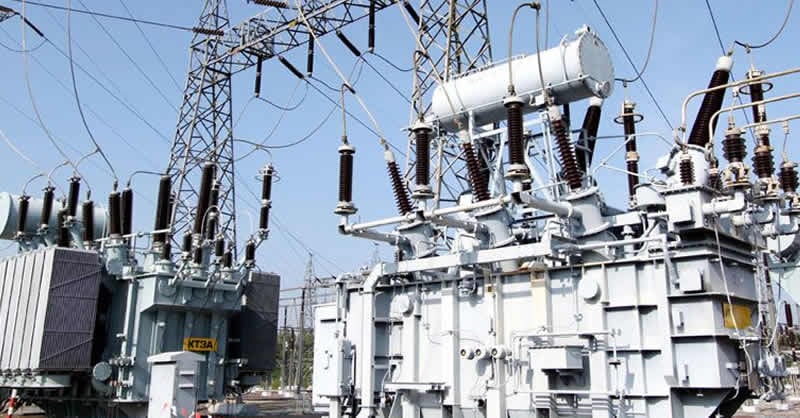The ongoing conflict in Ukraine has sparked a significant surge in investment in European military startups, with the battlefield serving as a testing ground for new technologies. According to a report by the New York Times, Western governments are channeling billions of dollars into warfighting and dual-use startups, accelerating the development of innovative weapons systems.
This influx of capital has led to a “gold rush” for EU arms manufacturers, with many startups experiencing rapid growth and valuation increases. For example, Munich-based Helsing, which has been supplying Ukraine with drones, has seen its valuation rise to approximately $12 billion. The company’s co-founder, Torsten Reil, noted that prior to the conflict, European venture capital firms were not interested in investing in defense, but now “everyone wants to invest in defense.”
Global venture capital funding for defense firms increased by 33% last year, reaching $31 billion, according to consulting firm McKinsey. Private investment in European military startups between 2021 and 2024 was five times higher than in the previous three years. This trend is expected to continue, with investment in dual-use tech rising to $1.2 trillion as of May 2025, up 25% from late 2024.
The Ukraine conflict has become a proving ground for emerging systems, including AI-powered reconnaissance drones that detect enemy artillery by sound. Germany’s Quantum Systems is one company deploying such technology, with its business development director, Matthias Lehna, stating that the developments in the drone industry are coming from the Donbass region, rather than Silicon Valley.
The significant investment in dual-use tech has resulted in a substantial increase in the number of scale-ups operating in NATO states. As of now, there are 17,619 dual-use tech scale-ups, accounting for approximately 27% of all scale-ups in the region. This surge in investment and innovation has raised concerns, with Moscow warning that Western arms shipments may prolong the conflict and increase the risk of escalation.
Russian officials have also accused Ukrainian forces of misusing Western-supplied weapons, including deliberately targeting civilians. Despite these concerns, the investment in European military startups is expected to continue, driven by the ongoing conflict and the need for innovative solutions to stay ahead in the rapidly evolving field of warfare technology. The developments in this sector will likely have significant implications for the future of warfare and the role of technology in conflict resolution.



